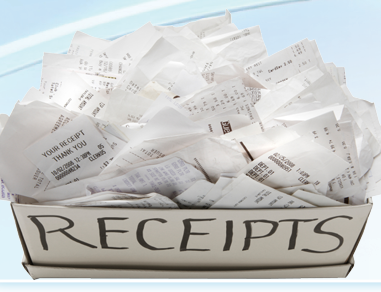There is great opportunity for Home owners! Especially with the appreciation we have experienced over the last 5 years. When the tax laws changed last year I know I was excited that this part of the law did not change and that means we can keep our equity, tax free. Then you must ask, what is the cost of waiting? So as we have had appreciation for 3 years that means your property is worth more today, and that may be tax free for a principle residence. But read on about the tax law…
Homeowners are familiar that they can deduct the interest and property taxes from their income tax returns. They also understand that there is a substantial capital gains exclusion for qualified sales of up to $250,000 if single and $500,000 for married filing jointly. However, ongoing record keeping tends to be overlooked.
New homeowners should get in the habit of keeping all receipts and paperwork for any improvements or repairs to the home. Existing homeowners need to be reminded as well, in case they have become lax in doing so.
These expenditures won’t necessarily benefit in the annual tax filing but may become valuable when it is time to sell the home because it raises the basis or cost of the home.
For instance, let’s say a single person buys a $350,000 home that appreciates at 6% a year. Twelve years from now, the home will be worth $700,000. $250,000 of the gain will be exempt with no taxes due but the other $100,000 will be taxed at long-term capital gains rate. At 15%, that would be $15,000 in taxes due.
Assume during the time the home was owned that a variety of improvements totaling $100,000 had been made. The adjusted basis in the home would be $450,000 and the gain would only be $250,000. No capital gains tax would be due.
Some repairs may not qualify as improvements but if the homeowner has receipts for all the money spent on the home, the tax preparer can decide at the time of sale. Small dollar items can really add up to substantial amounts over many years of home-ownership.
You can download a Homeowner’s Tax Worksheet (https://www.irs.gov/pub/irs-pdf/p530.pdf) that can help you with this record keeping. The important thing is to establish a habit of putting receipts for home expenditures in an envelope, so you’ll have it when you are ready to sell.
As always let me know if I can be of any assistance. Feel free to call (480-355-8645) or email ([email protected]) with any questions.


